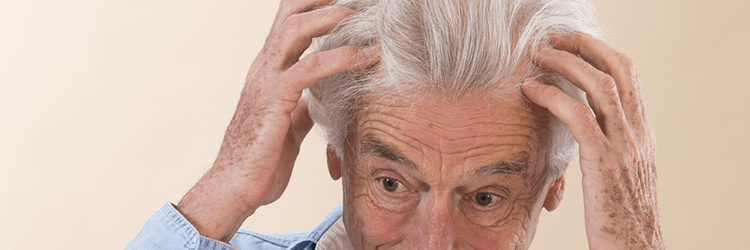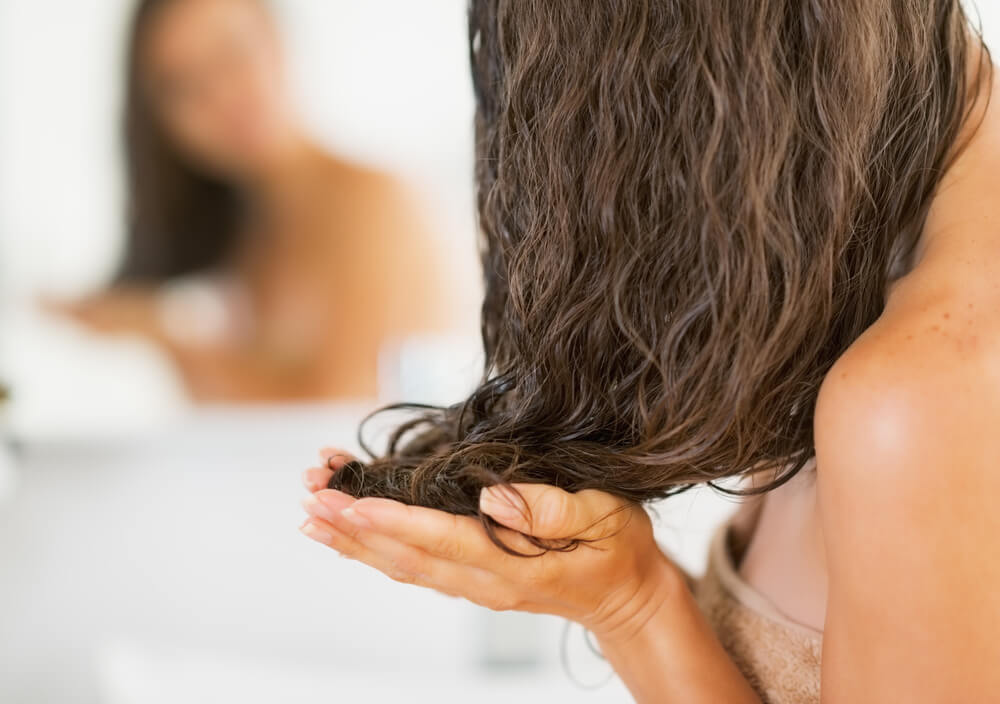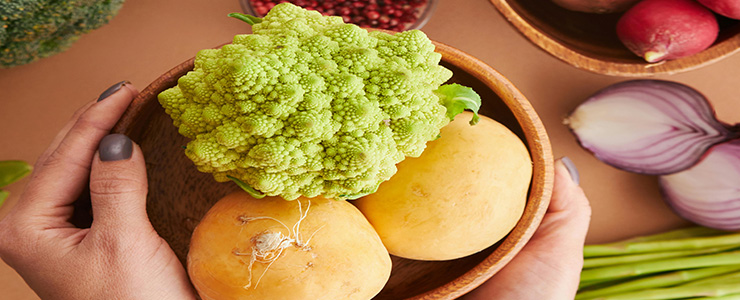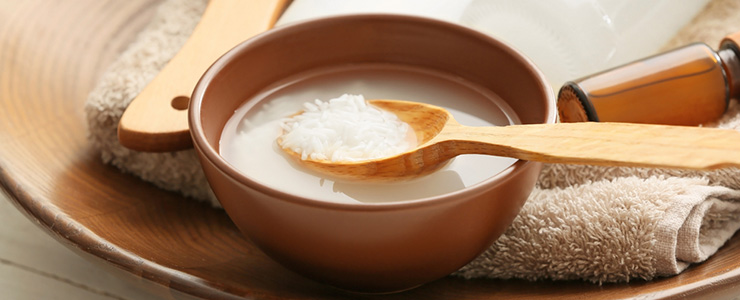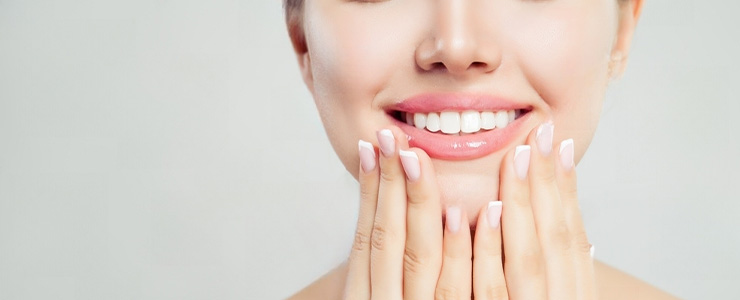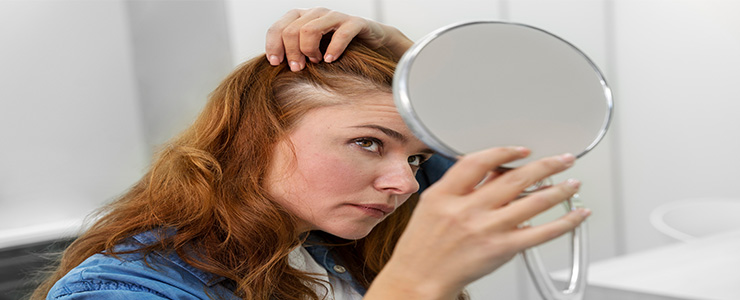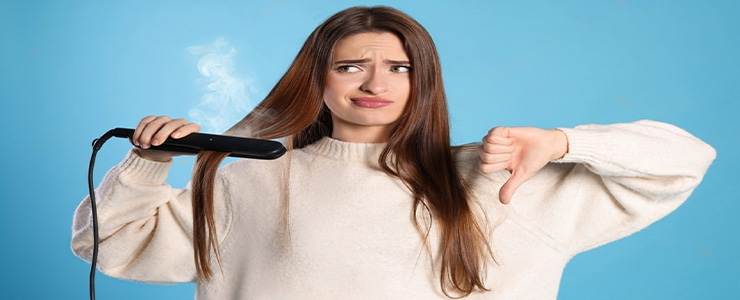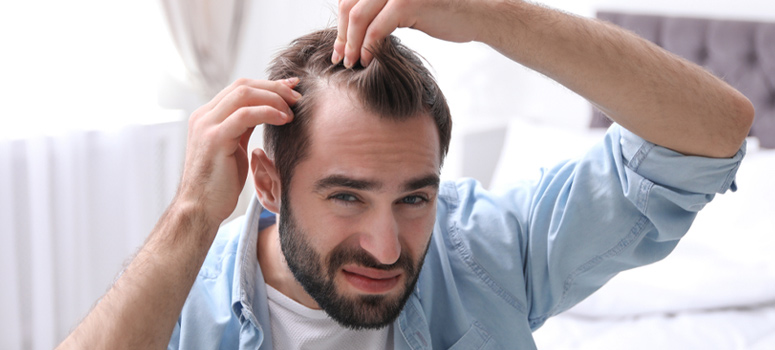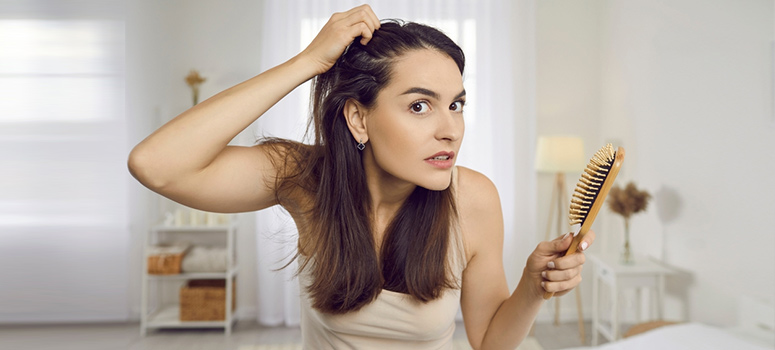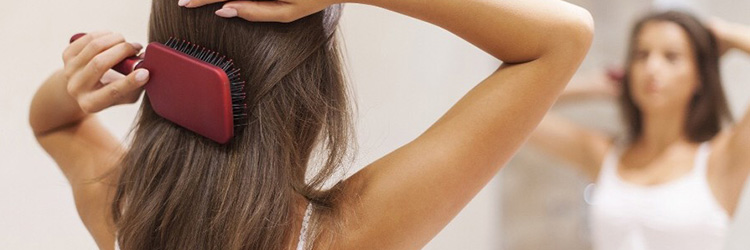From using expensive hair products to visiting hair salon umpteen number of times, hair care is one of our top priorities in the beauty regime. At the same time, it is important to understand that hair growth is linked to the health of the scalp. A well-nourished healthy scalp promotes hair growth and prevents hair loss [1]. Though the scalp contains oil-producing pores which keep it moisturised, prevents dryness from setting in and protects hair from environmental factors, sometimes the scalp gets affected with a condition known as dry scalp [1].
Causes of dry scalp
The condition known as the dry scalp is most often triggered because of underlying ailments, such as atopic dermatitis, seborrheic dermatitis, or psoriasis Vulgaris, as well as environmental factors, such as low humidity during winter, cooling, and heating in highly-sealed living environments, or wrong skincare from excessive use of cleansing agents. Dry scalp is characterized by itching, flakiness, and redness. If you are among those who suffer from dry scalp, here are a few tips to deal with it:
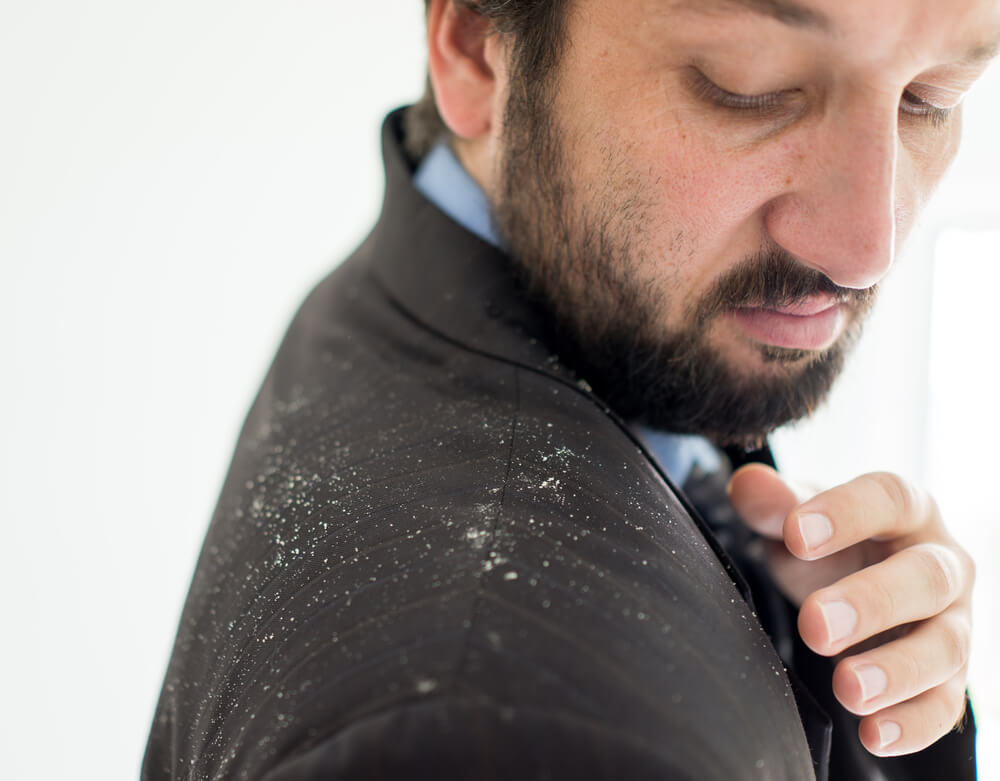
- Say hello to essential fatty acids:
Omega 3 fats, also known as essential fats, are linked to good scalp health. They help in slowing down the rate at which dry scalp cells shed off and control the rate at which old cells are replaced by new, hydrated cells that lead to less itchiness and dryness. Omega 3 fats are found in nuts, such as walnuts and almonds, fish, and flax seeds.
- Wash correctly with care:
Dry scalp also results from a rough and careless way of washing hair. While shampooing, instead of using fingernails, use the balls of the fingers to massage the hair. Shampoo the hair from the back of the head and the top of the head to the front of the head gently. While rinsing, water should not be just poured on the hair but allowed to reach the roots by raising the roots with help of fingers .
Dry scalp occurs when the skin is stripped of its natural oils due to excessive washing and use of chemical treatments. Studies have demonstrated the effectiveness of the application of 2ml of scalp moisturizing lotion once a day in combating dry scalp. Apart from these methods, drinking a lot of fluids, using the right shampoo and conditioner suited to the requirements of a dry scalp, and avoiding the use of scalp irritating chemicals and bleaches are some other ways to prevent itchiness and dry scalp. Although not associated with systemic medical effects, it is important to diagnose and treat dry scalp and flakiness correctly considering its negative impact on the person’s quality of life.

